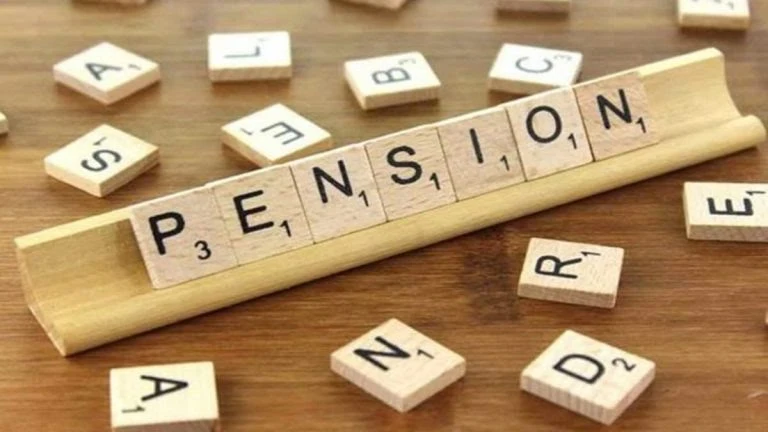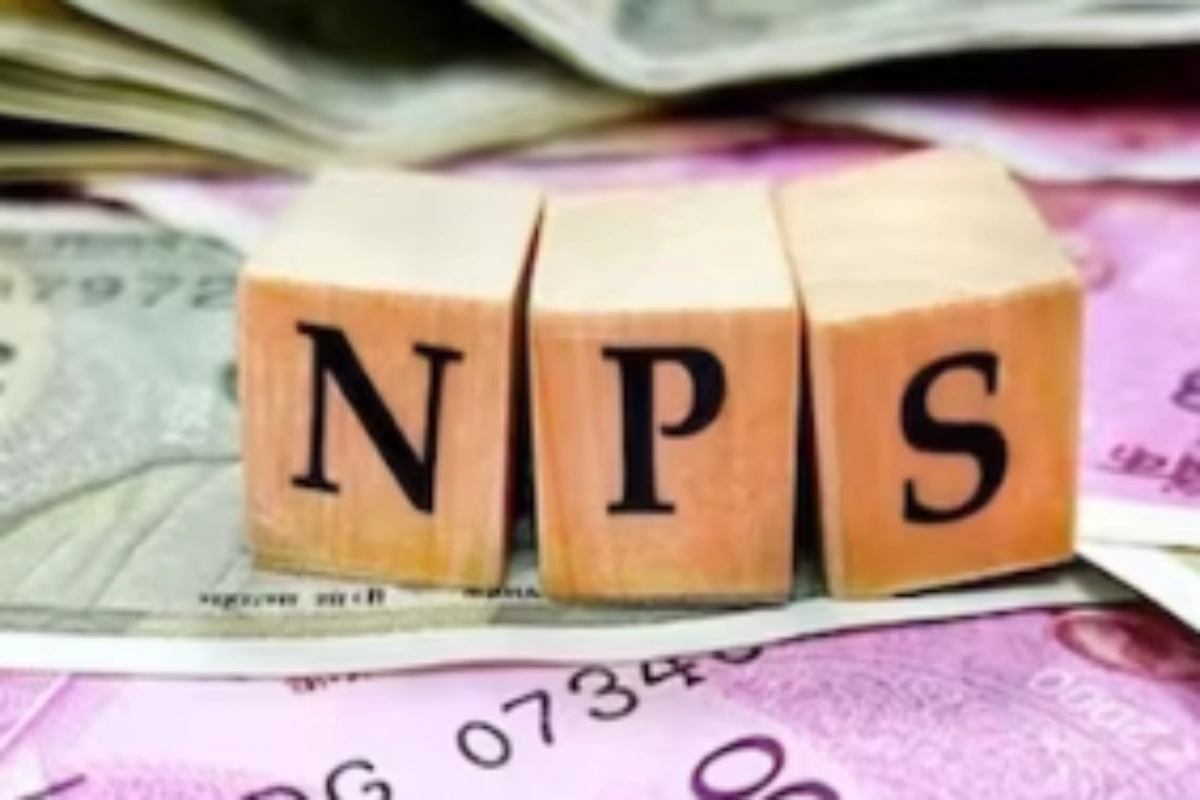National Pension Scheme: There is excellent news for central staff following the establishment of the Modi 3.0 government at the Center. Actually, the Bharatiya Janata Party government led by Narendra Modi has suggested raising the National Pension Scheme (NPS) pension for central employees. The material that has come to light indicates that the central government has suggested guaranteeing a 50% pension on the last basic wage of central employees.
Composition of the Committee
A committee headed by Finance Secretary TV Somanathan was established by the central government, led by Prime Minister Narendra Modi, in March 2024 with the goal of figuring out how to enhance pension benefits under the National Pension Scheme, or NPS, without going back to the Non-Contributory Old Pension Scheme (OPS). This committee was established as a result of numerous states in the nation refusing to implement the National Pension Scheme and kicking off the Old Pension System (OPS).
We would like to inform you that there was no deadline established for turning in the report to this committee. On this committee were Deepak Mohanty, the chair of the Pension Fund Regulatory and Development Authority, Annie Mathew, and Special Secretary Radha Chauhan from the Finance Ministry’s Expenditure Department.
Pension Benefits Overview
It is important to remember that the National Pension Plan will give central personnel a pension equivalent to 40–50% of their last wage. Put simply, you will receive a pension of between twenty and twenty-five thousand rupees per month if you retire with a final salary of Rs 50,000 per month. However, there will be adjustments made to your overall service time and any withdrawals you make from the pension fund. Any shortfall in the pension fund will be covered by the central government’s budget in order to meet this pension guarantee.
It is noteworthy that over 87 lakh central employees who registered in the National Pension Scheme on January 1, 2004, will get benefits should the National Pension System be put into place. This amount keeps rising as DA rates rise, according to a statement from the Finance Ministry. According to the ministry, OPS is not financially sustainable because it is not tax-paying and puts an increasing amount of strain on the public coffers.












